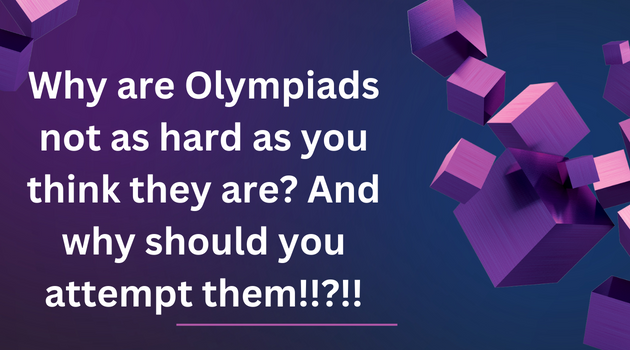COMPUTATION OPERATIONS - ESSENTIAL POINTS
- Addition
- When some numbers are added, each number is called addend. The result obtained after addition is called sum.
- The sum of 2 numbers does not change when the order of the addends is changed. This is called Order property of the addends of the numbers
- The sum of 3 or more numbers does not change when their group is changed. This is called Grouping Property of addition of numbers.
- The sum of a number and 0 is equal to the number itself.
- Subtraction
- In a problem of subtraction, the larger number is called miniuend, the number to be subtracted is called subtrahend, the result is called the difference.
- We cannot change the order of number in subtraction.
- On subtracting 0 from a number we get the number itself.
- Multiplication
- The number to be multiplied is called the Multiplicand, the number with which we multiply is called Multiplier, and the result is called the Product.
- The product of 2 numbers does not change if their order is changed. This is called Order property of Multiplication.
- To multiply a number by 10 we insert a 0 to the right of the number, with 100 we add 2 zero’s to the right of the number.
- The product of any number and 0 is always 0
- The product of 3 numbers does not change if the order is changed. This is called Grouping property of multiplication.
- The operation 14 X 87 can be written as 14 X ( 80 + 7 )
- The operation 7 + 7 + 7 + 7 + 7 = 7 X 5 = 5 X 7 = ( 2 + 3 ) X 7
- Division
- The number to be divided is called dividend, the number by which we divide is called a divisor, the number of times the divisor is contained in the dividend is called a quotient.
- The number left after dividing is called a Remainder.
- When a number is divided by itself , then the quotient is 1.
- When any number is divided by 1 the quotient is the number itself.
- When 0 is divided by any number the quotient is always 0
- Dividing any number by 0 is not possible
- Factors
- Every whole number except 1, has two or more than two factors.
- The divisors the divide the number completely are called the factors of the number
- The smallest factor of the number 460 is 1 and the smallest factor of every number is 1.
- The Highest common factor (HCF)of two numbers, is the largest number that divides the 2 numbers evenly.
- The HCf of two or more numbers cannot be greater than any of them.
- When we multiply two more numbers we get a product. The product is the multiple of each of the numbers multiplied and each number is the factor of the product.
- The multiple of the number is either greater than or equal to the number.
- The Least common multiple (LCM) of two numbers is the smallest number (non-zero) that is a multiple of both.
- If one number is the factor of another number, then HCF- smaller number, LCM- larger number.
- Numbers having two factors 1 and itself are called Prime numbers.
- Composite numbers, numbers having more than two factors.
- Number 2 is the smallest and the only even prime number.
- Number 1 – neither a prime nor a composite number.


